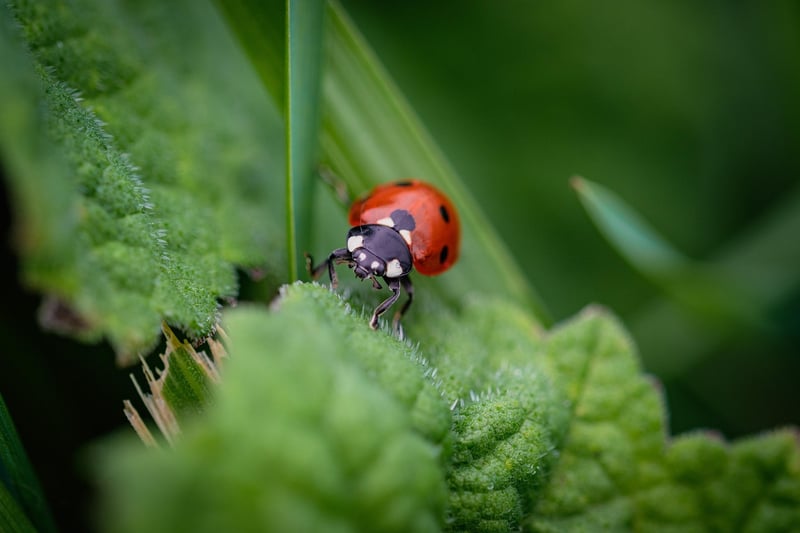Pest Control
Keep Your Garden Thriving: Pest Control Tips
Having a beautiful garden requires not only dedication but also proper pest control measures to ensure your plants thrive. Dealing with pests can be challenging, but with the right strategies, you can keep your garden healthy and pest-free. Here are some effective tips to help you maintain a thriving garden:
1. Identify Common Garden Pests
Before you can effectively control pests, you need to know what you're up against. Common garden pests include aphids, snails, slugs, caterpillars, and beetles. Learn to identify these pests and their damage to take appropriate action.
2. Use Natural Predators
Encourage natural predators like ladybugs, lacewings, and birds in your garden. These beneficial insects feed on garden pests and help keep their populations in check. Planting flowers like daisies and marigolds can attract these predators to your garden.
3. Neem Oil Spray
Neem oil is a natural insecticide that can effectively control a wide range of pests. Mix neem oil with water and a few drops of dish soap and spray it on your plants. Neem oil disrupts the pests' hormonal balance and acts as a repellent.
4. Companion Planting
Planting certain herbs and flowers alongside your vegetables can help repel pests. For example, planting basil near tomatoes can deter tomato hornworms. Research companion planting combinations that work best for the plants in your garden.
5. Diatomaceous Earth
Diatomaceous earth is a natural powder made from fossilized algae. Sprinkle it around the base of plants to create a barrier that dehydrates and kills pests like slugs, snails, and beetles. Be sure to reapply after rain.
6. Regularly Inspect Your Plants
Make it a habit to inspect your plants regularly for signs of pest damage. Early detection allows you to take swift action before the infestation becomes severe. Look for chewed leaves, holes, or sticky residues on plant surfaces.

7. Mulch and Weed Control
Keeping your garden free of weeds and using mulch can help reduce hiding spots for pests. Mulch also helps retain moisture and regulate soil temperature, promoting healthy plant growth while minimizing pest habitats.
8. Rotate Your Crops
Rotating your crops each season can help disrupt pest life cycles and prevent infestations. Different plants have different vulnerabilities to pests, so rotating crops can help maintain a balanced ecosystem in your garden.
Conclusion
By implementing these pest control tips and strategies, you can protect your garden from common pests and ensure that your plants thrive. Remember that a healthy garden is a diverse ecosystem where beneficial insects and plants work together to keep pests at bay. Stay vigilant, be proactive, and enjoy the fruits of your labor in a flourishing garden!
Stay green and pest-free!
